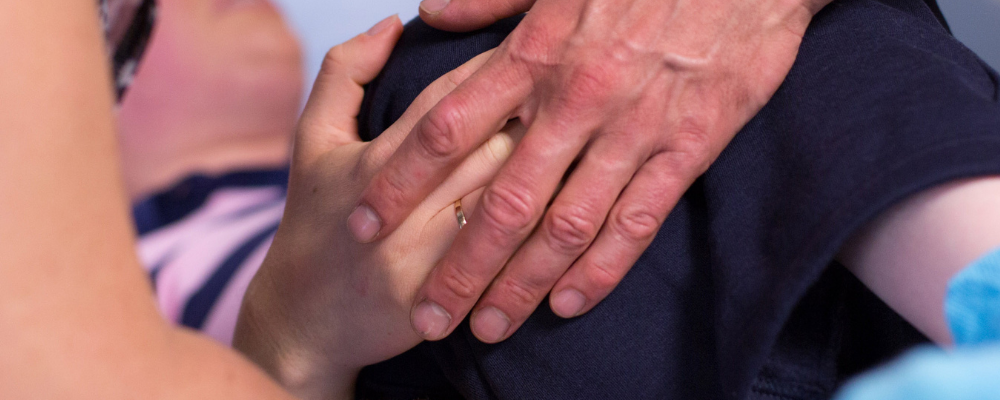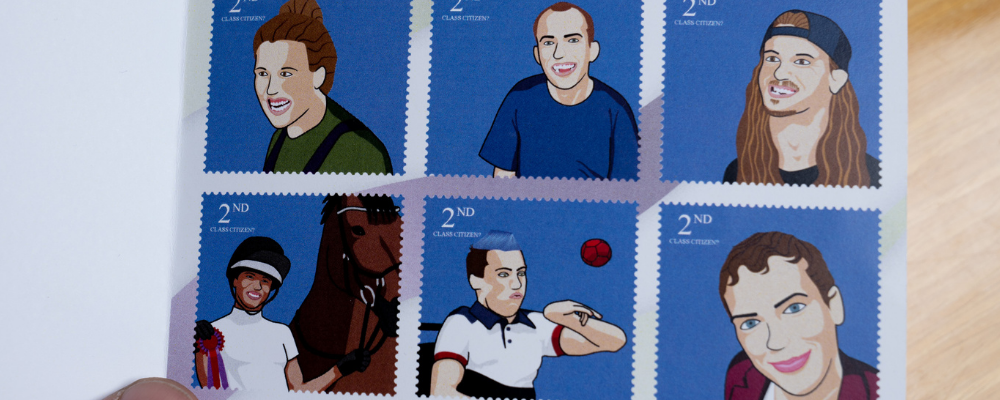Statutory services for people with cerebral palsy are concentrated in children’s services and education. There is no specialist therapy service for adults with cerebral palsy in Scotland, apart from the adult services provided by Cerebral Palsy Scotland. This must change.
SIGN guidelines for adults with cerebral palsy
Cerebral Palsy Scotland are requesting that following the publication of the NICE guidelines for adults with cerebral palsy in January 2019 the Scottish Government enable the publication of the equivalent SIGN guidelines for adults with cerebral palsy in Scotland. The NICE guidelines aim to improve health and wellbeing, promote access to services and support participation and independent living.
Implementation of SIGN guidelines would ensure that those living with CP are treated on an equal basis as those living with other neurological conditions, such as epilepsy or Parkinson’s Disease. They would additionally give the right to an annual review with a specialist in CP to ensure this non-static condition is managed before physical changes become entrenched.
Survey results: Statutory services not meeting the needs of the majority
We surveyed the cerebral palsy community in Scotland in November 2021. A summary of the findings show that much more support is urgently needed.
When asked if NHS services are meeting your needs:
- 45% said NHS services were ‘not at all’ meeting their needs
- 20% said NHS services were meeting their needs ‘a little’
- Only 11% said NHS services were meeting their needs ‘fully’ or ‘a lot’
Many are seeing key NHS services less than once a year:
- 34% see an NHS physiotherapist less than once a year
- 33% see an NHS occupational therapist less than once a year
- 32% see an NHS neurologist less than once a year
Many are relying on non-NHS services:
- 40% of respondents use private therapy, and 53% use Cerebral Palsy Scotland services.
People are experiencing poor transitions
- Of those who had experienced a transition in the past five years (from children’s to adults’ services, or adults’ to older people’s services), 86% described the experience as “very poor” or “poor”
About the respondents:
- Over half (58%) need ‘full’ or ‘a lot’ of support to complete daily tasks
- Nearly half (48%) have a learning disability
- A fifth (21%) experience a ‘great deal’ or ‘a lot’ of pain
Comments from survey respondents:
“Currently having free sessions from CP Scotland 1st one was amazing and a breath of fresh air that someone wanted to help me rather than assign me to the scrap heap”
“I have to pay for private neuro-physiotherapy twice a month and have done for many years because the NHS therapy service is so ill-equipped to meet the needs of adults with CP. This is a financial burden that I should not have to bear.”
“Physiotherapy service diminishes the second you transfer to adult services .It feels like you have to ask for physio now instead of having a regular plan of treatment”
“Child services were reasonably good. There were always regular reviews with the neurologist which was reassuring. But we didn’t transfer to the care of a neurologist in adult services – just told to go to GP if need help.”
“I had no real transition to the older people’s team and the experience was horrendous”
“I have to pay for a lot of the treatments that support my health as the NHS are unable to fund or provide them, at least not often enough”
“Cerebral Palsy Scotland is the only support we have found, and that was just this year. For 16 years, there has been no support at all.”
“Cerebral palsy is forgotten about in adults and everything is a learn to live with it approach”
“As a person who is experiencing the effects of ageing with CP I have struggled to receive appropriate NHS provision for many years. My GP service is very good but they can only offer services that exist and what services do exist are not fit to meet the needs of adults with CP. I have attended the local rehab centre many times and I have been shocked and upset at their lack of interest in me as a person and the physical issues I face due to ageing. A few staff have tried to offer treatment but the overall response to my needs has been ad hoc and lacking urgency.”


